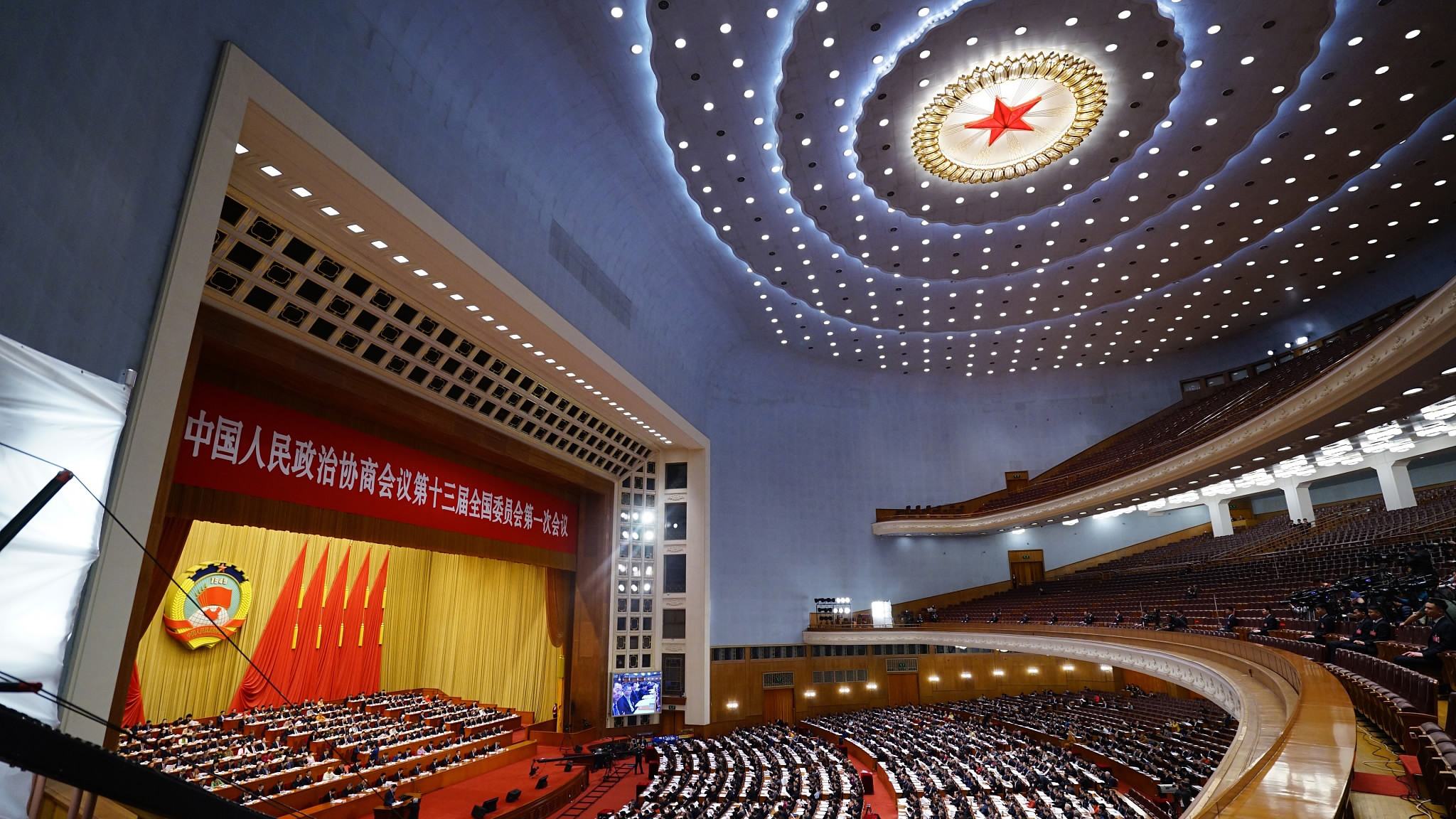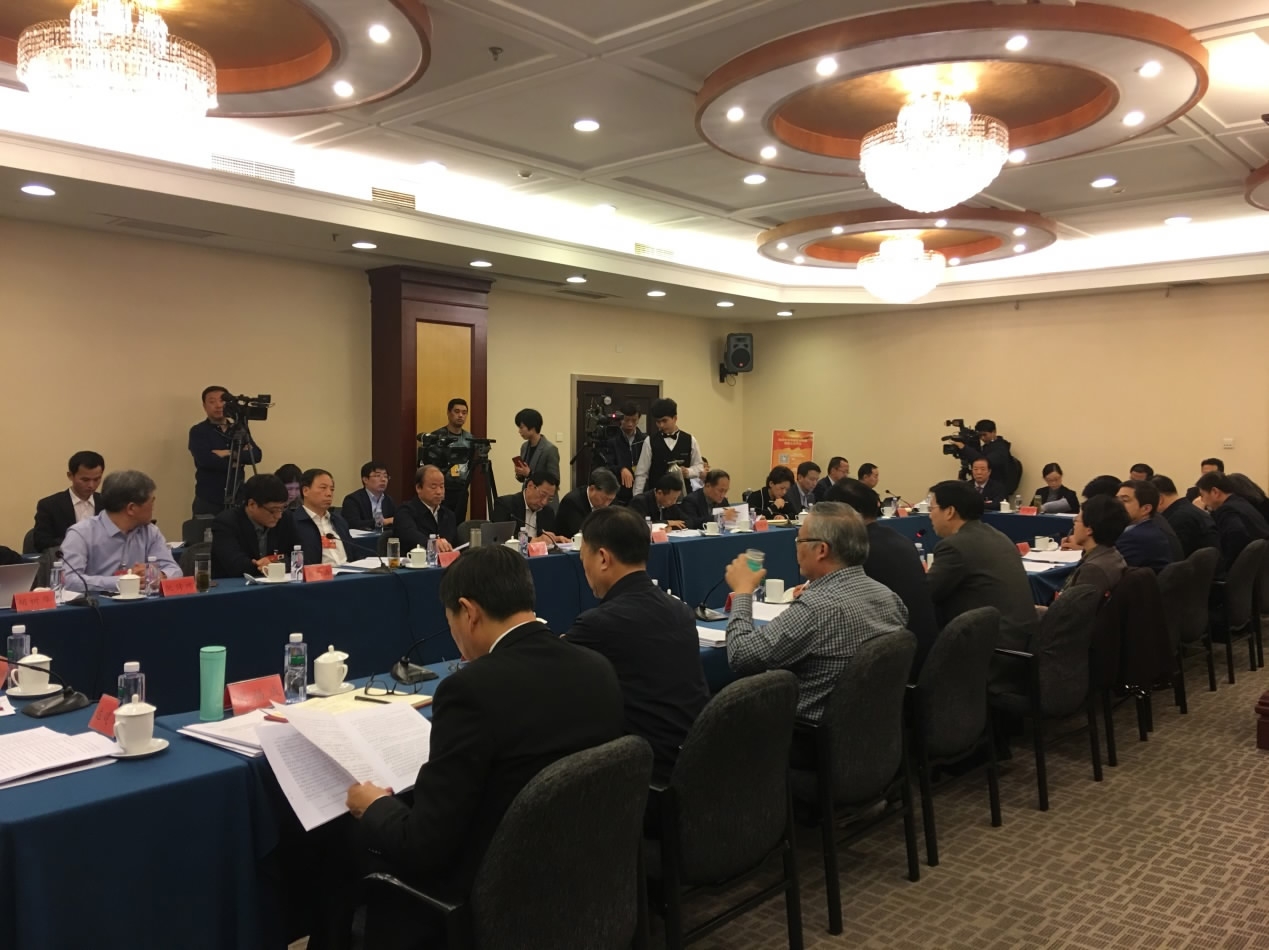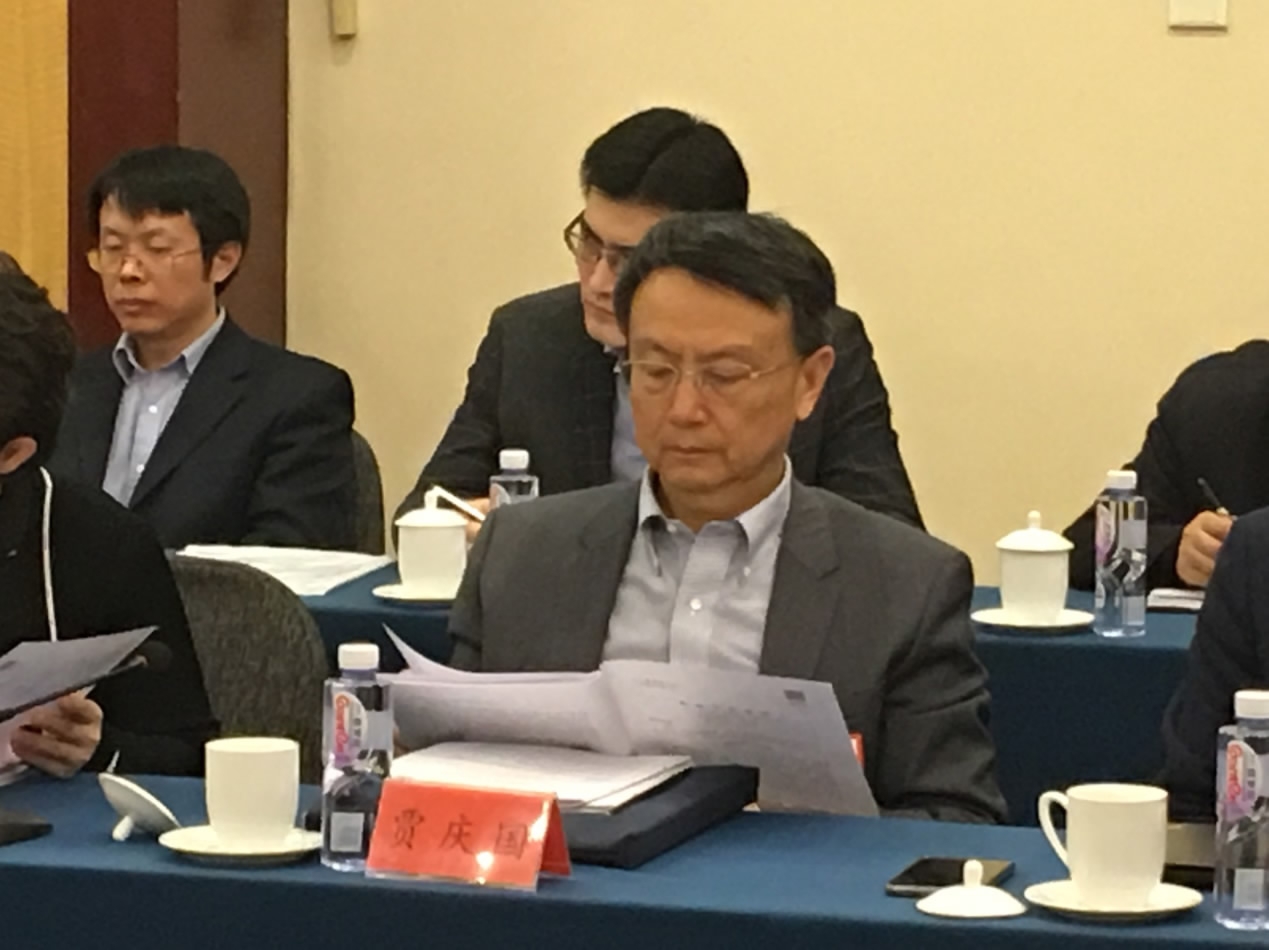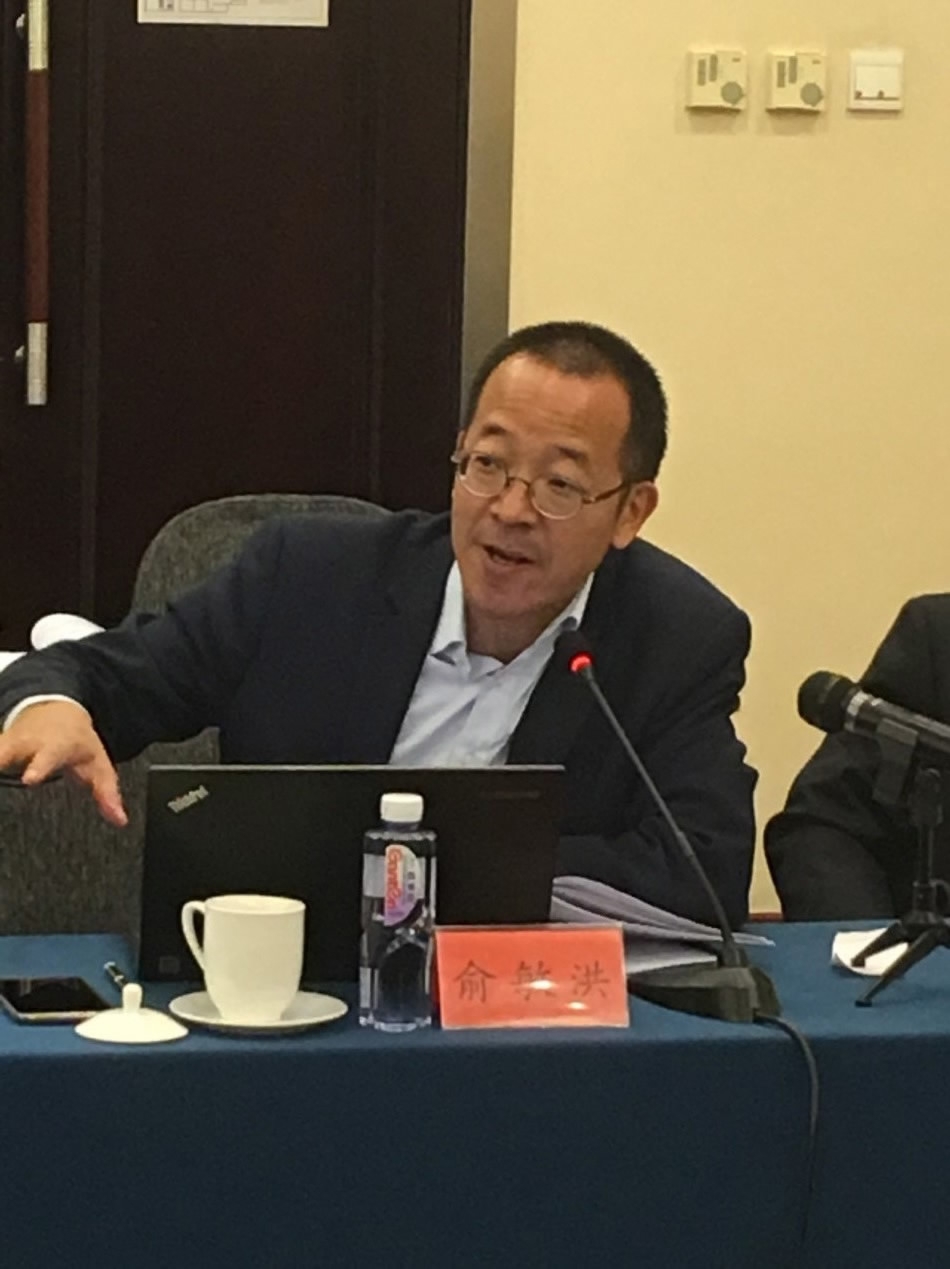
Business
23:03, 08-Mar-2018
Political advisors call to boost BRI beyond economic ties
By CGTN's Wang Hui

The Belt and Road Initiative has boosted its economic relationship with participating countries in recent years. At the annual Two Sessions, some of China’s political advisers have called for enhancing not only economic but also cultural ties with countries along the route.

CGTN Photo
CGTN Photo
Since Chinese President Xi Jinping proposed the Belt and Road Initiative in 2013, it has won support from hundreds of countries and organizations. The Initiative was brought up on various occasions during this year's Two Sessions, including in Premier Li Keqiang’s work report, and several press conferences held by ministers. members of China's political advisory body, the Chinese People’s Political Consultative Conference (CPPCC), weighed in as well.

Jia Qingguo, head of the School of International Studies under Peking University /CGTN Photo
Jia Qingguo, head of the School of International Studies under Peking University /CGTN Photo
Jia Qingguo, who heads the School of International Studies under Peking University, believes the Initiative should put more emphasis on Southeast Asia: "This is the place that we have very dynamic economy."
The Belt and Road Initiative has boosted economic ties between China and participating countries. In the first three quarters of 2017, their trade volume reached 786 billion US dollars, higher by 15 percent from the year before. But a guest member of the CPPCC said the Initiative should strengthen not only economic ties but also people-to-people exchanges.
"I hope that through this Initiative, the cultures and traditions of different countries can blend into the community of shared future for humankind. The mutual understanding that this cultural exchange can create will make the world more harmonious," said Liu Hongyou, CPPCC guest member.

Yu Minhong, CPPCC member, chairman and president of New Oriental English /CGTN Photo
Yu Minhong, CPPCC member, chairman and president of New Oriental English /CGTN Photo
Yu Minhong, a famous educator and entrepreneur in China, explained that cross-cultural exchange through education is particularly important: "We provide convenience to overseas students from those countries. I understand that after studying in a country for three or four years, people will have a strong emotional attachment to the host country. I think this emotional tie is more important than economic ties."

SITEMAP
Copyright © 2018 CGTN. Beijing ICP prepared NO.16065310-3
Copyright © 2018 CGTN. Beijing ICP prepared NO.16065310-3